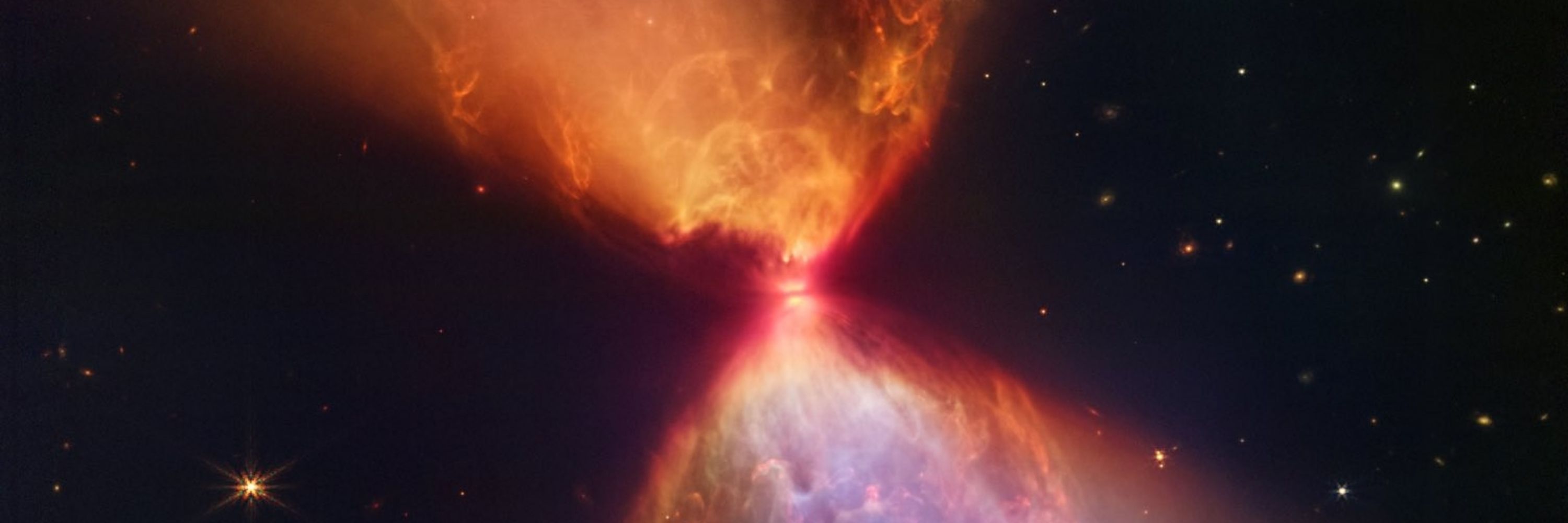
"Discovery happens less when you're trying to be the expert and more when you're trying to be the learner." - Itai Yanai
Website: sharplabbiu.github.io

And what a beuatiful day to share this, when the hostages are freed, and finally, there seems to be hope for peace. ☮️🕊️
#computationalpsychiatry
We look forward to feedback!
And what a beuatiful day to share this, when the hostages are freed, and finally, there seems to be hope for peace. ☮️🕊️
#computationalpsychiatry
We look forward to feedback!
This is small, preliminary but promising evidence requiring replication!
11/12
This is small, preliminary but promising evidence requiring replication!
11/12
10/12
10/12
"If I speak up → bad things happen" even when the relationship is spurious.
9/12
"If I speak up → bad things happen" even when the relationship is spurious.
9/12
Only 1 participant in Study 1 hit an obstacle in training. In Study 2, 5 participants hit obstacles (<1% of steps). Removing them preserved all effects.
The bias stems from how threat information distorts task representation, not reinforcement.
8/12
Only 1 participant in Study 1 hit an obstacle in training. In Study 2, 5 participants hit obstacles (<1% of steps). Removing them preserved all effects.
The bias stems from how threat information distorts task representation, not reinforcement.
8/12
Worry predicted worse generalization for threat vs. safe contexts (see Figure 4).
7/12

Worry predicted worse generalization for threat vs. safe contexts (see Figure 4).
7/12

